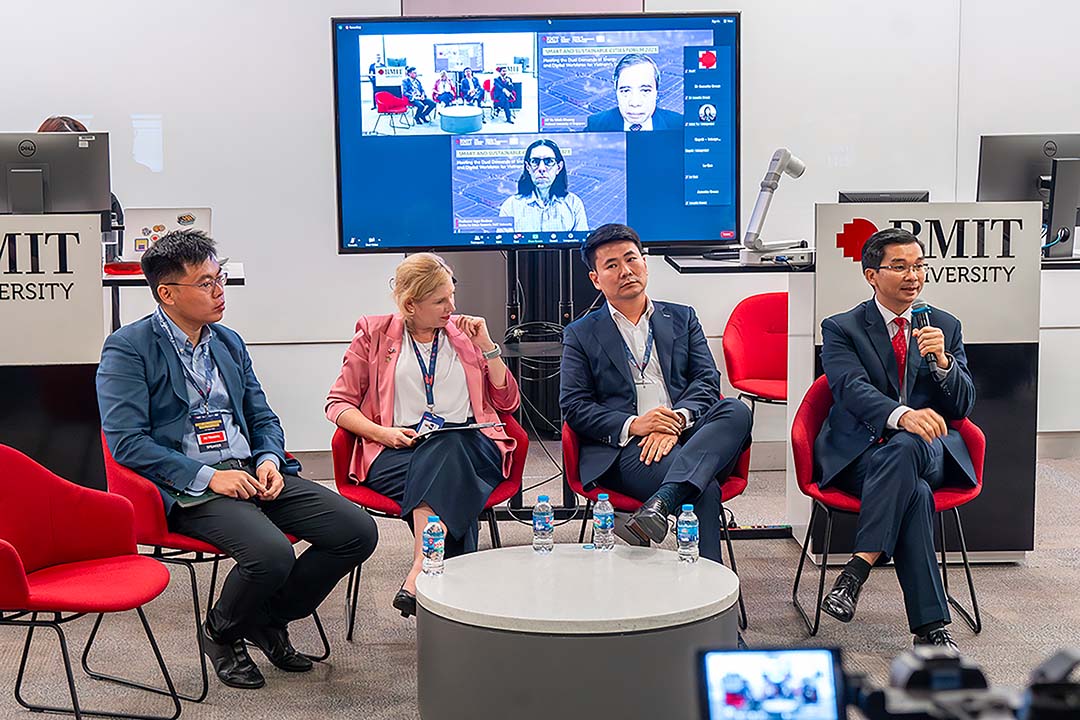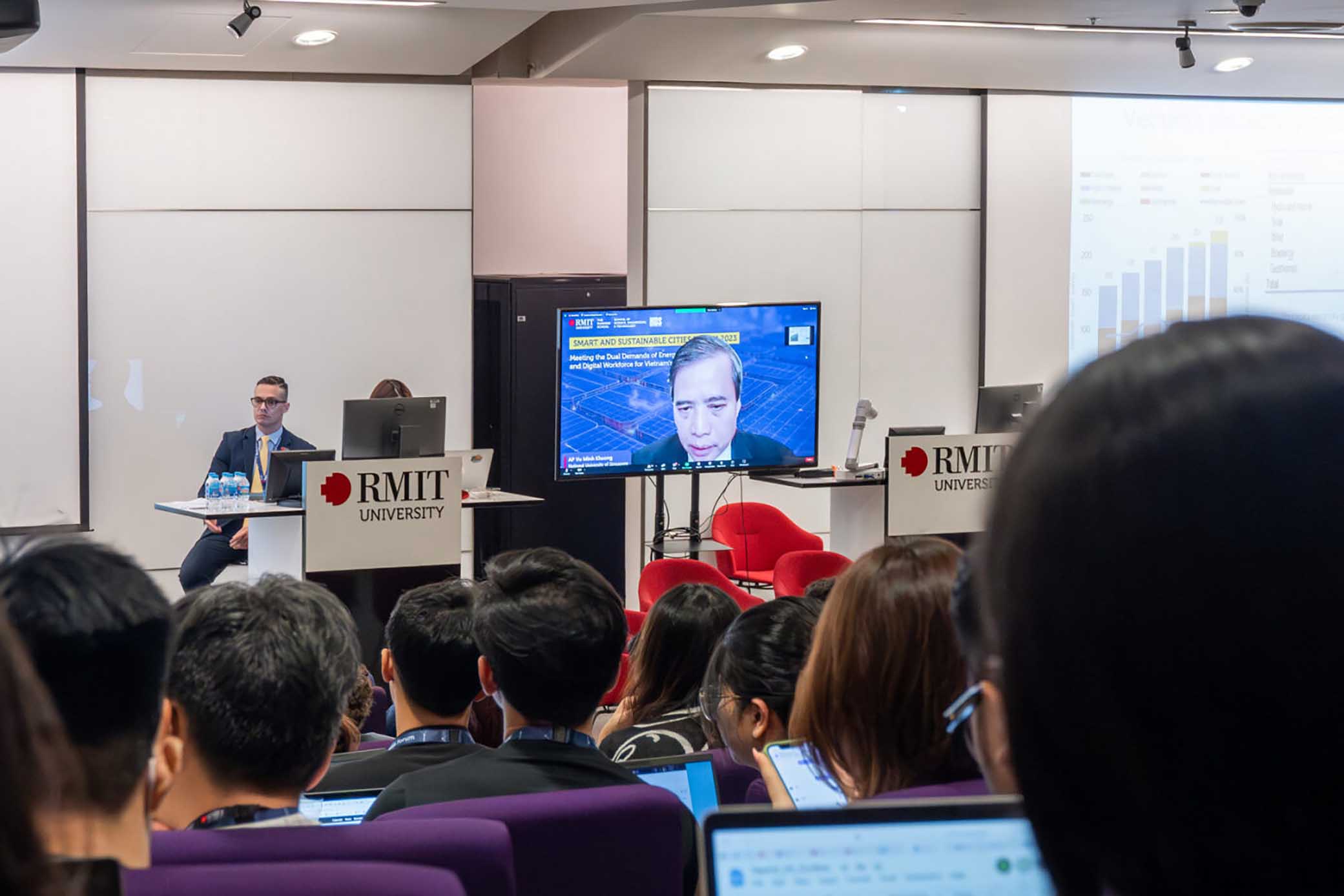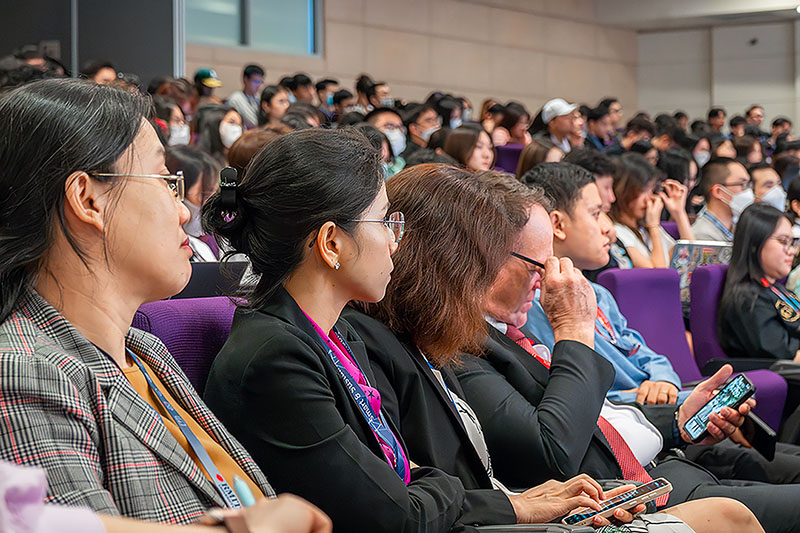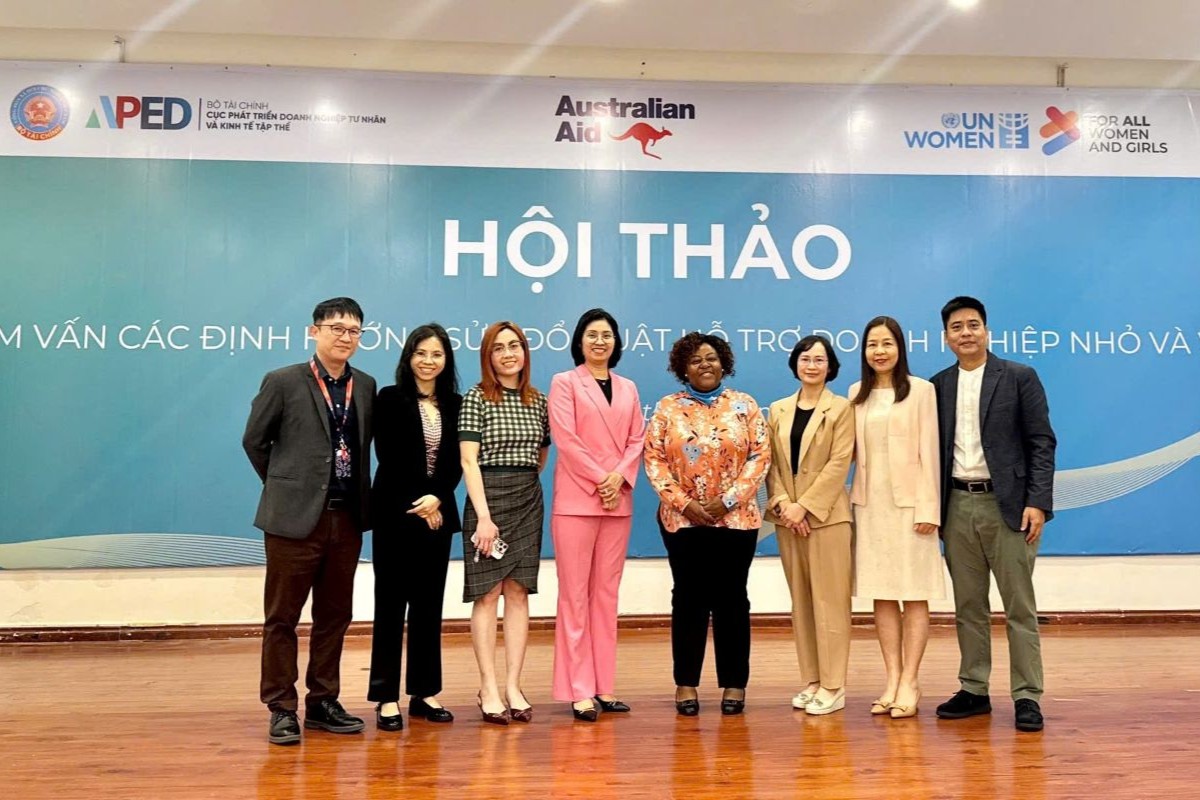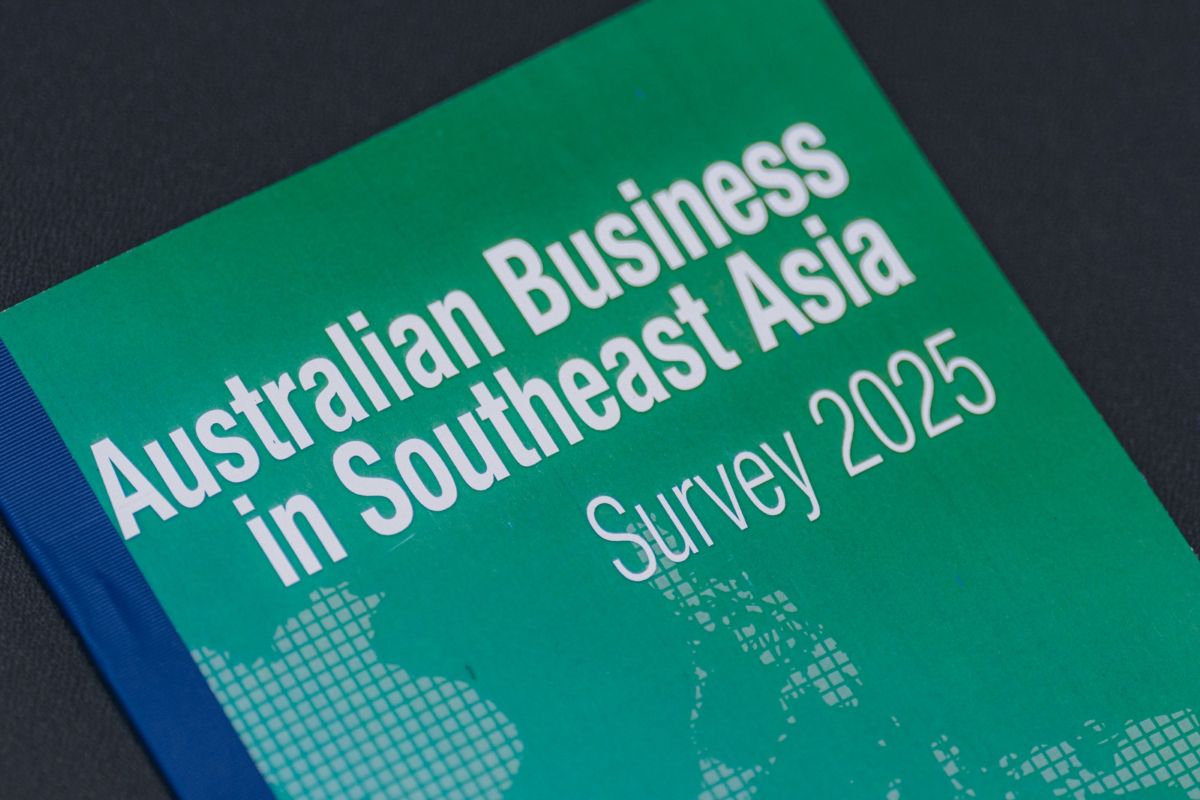According to Associate Professor Nguyen Quang Trung, RMIT Vietnam Head of Management Department, there are no shortcuts to enhancing Vietnam’s digital workforce. Instead, a long-term plan needs to be implemented.
He suggested drawing six lessons learned from countries including Singapore, South Korea, Finland, and Estonia:
(1) Education: Prioritising digital skills integration, early exposure to coding, and computational thinking.
(2) Government initiatives: Driving digital competence through comprehensive plans, training, and e-learning.
(3) Digital literacy for all: Promoting digital literacy for all age groups, including older adults.
(4) Collaboration: Inclusive digital transformation via public-private collaboration and stakeholder engagement.
(5) Lifelong learning: Emphasising continuous learning, subsidising digital skill upgrades.
(6) Innovation: Embracing flexibility, design thinking, and innovation for digital society advancement.
Mr Le Minh Tuan, Deals Advisory Partner at PwC Vietnam, said: “In the uncertainty landscape, skills like agility, problem solving, and leadership can help Vietnamese people face challenges head-on.”
He also suggested that “organisations should take steps to prepare their workforce for the digital world. Five steps for organisation leaders to consider include (1) engage and inspire your people, (2) identify skills gaps and mismatches, (3) develop and implement upskilling, (4) make your culture a catalyst for change, and (5) invest in building transformative leadership capability.”
The four-hour forum showcased five cutting-edge keynote presentations and a parallel-track series of talks, including a white paper launch that provides critical insights on “Enhancing digital competency” in Vietnam with the current state of digital competency as well as international best practices and key takeaways for developing smart and sustainable cities.
Story: June Pham

